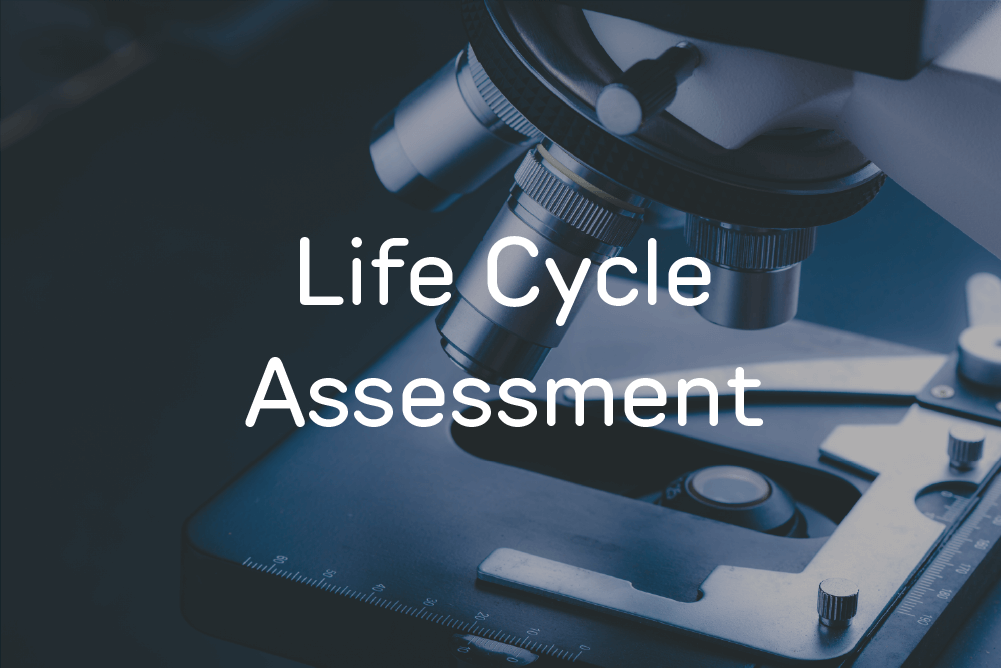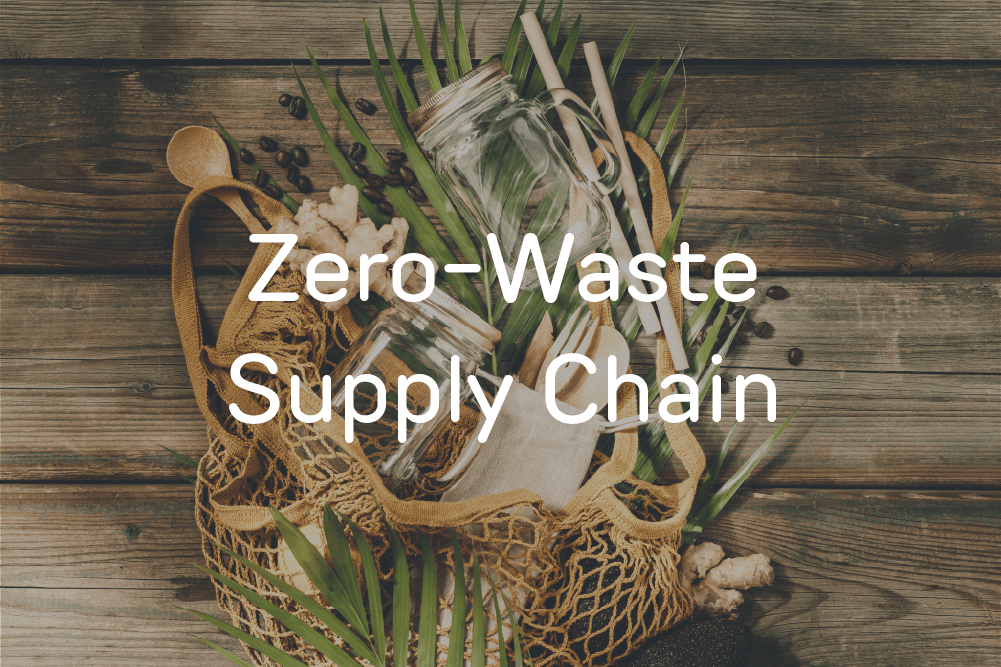Life cycle assessments (LCAs) are cradle-to-grave or cradle-to-cradle analyses that assess the environmental impacts associated with a product’s life cycle. From raw material extraction to materials processing, manufacture, distribution, and use, a life cycle assessment study provides the groundwork for any sustainability or corporate social responsibility (CSR) strategy within an organization.
A life cycle impact assessment benefits multiple stakeholders including:
Product and research development. Whether it’s to fulfill regulations, achieve corporate goals, or meet customer demand, an LCA can help with the development of new products by supplying information such as how two different materials under consideration will affect the environment.
Supply chain management and procurement. With some industries, the supply chain accounts for upwards of 80 percent of a product’s environmental impact. Sourcing from multiple suppliers can have a substantial impact on a product’s footprint. LCAs supply valuable insight into which providers they should source from.
Marketing and sales. Global consumers are deeply concerned about environmental issues, with 81 percent of them saying companies should do what they can to help improve the environment. An LCA helps marketing and sales communicate to customers how sustainable a company’s products are.
C-level and strategic management. Though it’s a fairly new position, a Chief Sustainability Officer gains actionable insights from LCAs that other analyses might not provide. It also helps them see where they stand in relation to the competition and what opportunities exist to become more sustainable.
Finally, companies that need to comply with local or global regulations must often disclose the environmental data of their products. An LCA supplies the needed data.
UBQ Materials Announces Full Life Cycle Assessment Report
UBQ Materials, a leader in sustainable materials production, has just released a full Life Cycle Assessment Report of UBQ™ material.
To meet the goal of flattening the global temperature rise curve, new end-of-life solutions for human-generated trash are imperative. With landfills now accounting for more than 15 percent of all methane emissions, it’s clear there’s an urgent need to address the global waste crisis.
A new LCA study conducted for UBQ by Switzerland-based sustainability consulting firm Quantis illustrates the climate-positive environmental footprint of turning unrecyclable municipal solid waste destined for landfills into UBQ material. Intending to give UBQ the data points it needed to build a strong sustainability narrative for its stakeholders, the study focused on four key components.
- Finding a clear, compelling, and credible way to share UBQ’s complex story of creating bio-based plastics with potential clients and investors.
- Giving a “stamp of approval” to UBQ’s breakthrough process and its ability to significantly reduce global greenhouse gas emissions.
- Thoroughly reviewing the UBQ LCA to ensure the data was of high quality and the results were accurate. This included preparing a novel “Climate Impact Data Sheet” that UBQ’s clients and customers could use to bring environmental transparency to the process.
- Helping UBQ solidify its position as an industry-leading provider of the most climate-positive thermoplastic material available today.
According to Rachel Barr, VP of Sustainability at UBQ, Quantis has helped improve a key element of the company’s selling proposition by refining and validating the material’s sustainability-proof points and storyline. She calls them “a true partner” and credits their expertise in environmental sustainability, storytelling, and communications for giving UBQ a clearer and easier way to help clients in their decision-making process.
The Future of Climate Change Solutions Is Here
As part of a global plastic waste recycling initiative, UBQ material provides the final link for a true circular value chain by producing useful thermoplastic out of landfill-diverted waste. We’re pleased and honoured that a respected sustainability consulting firm such as Quantis has designated UBQ material a “sustainable alternative in terms of climate change when compared to the current baseline treatment of waste.” To learn more about UBQ Material and how to introduce biobased materials into your manufacturing process, get in touch with us today.


